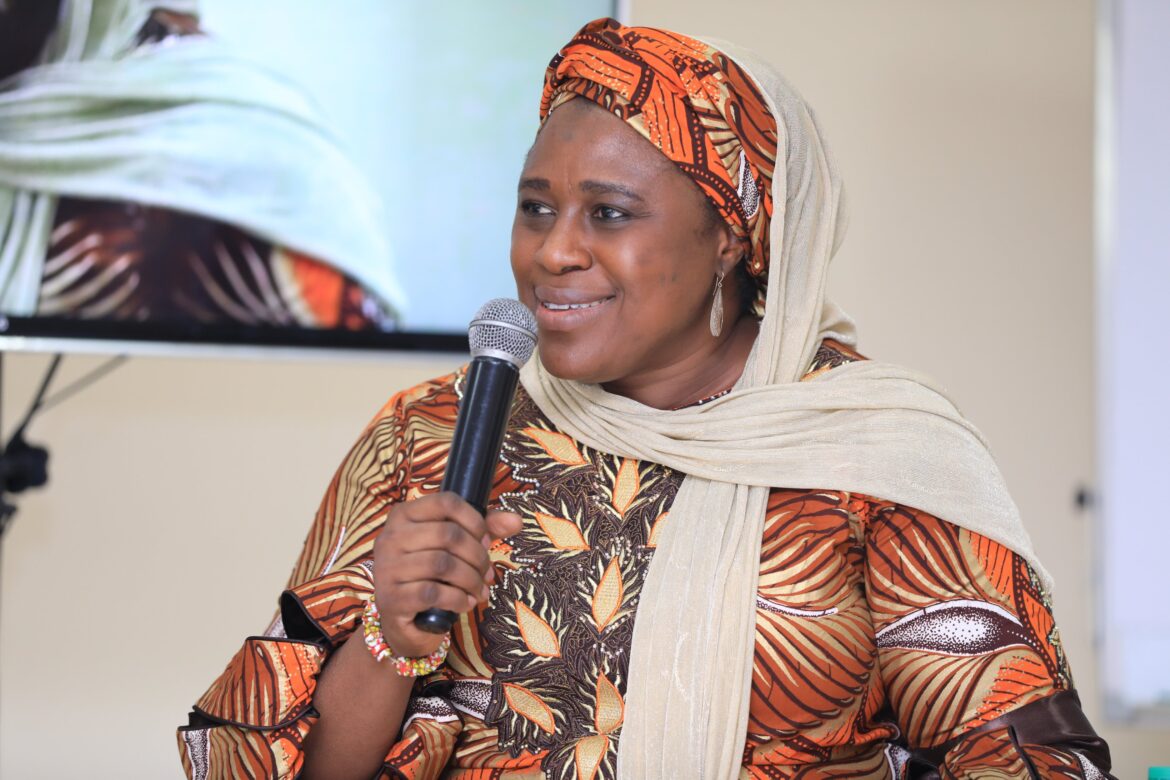By Asmau Ahmad
The Director, Family Health Services at the Federal Ministry of Health, Dr Salma Ibrahim Anas, said family planning and fertility education are critical towards achieving sustainable development and secured environment.
She stated this on Wednesday, at the National Inception meeting of the Women’s Integrated Services for Health (WISH) project in Abuja.
Dr Salma Anas said that lack of family planning and poor access to fertility education contributed to the current security challenges affecting the nation.
The director said that proper planning and spacing of children would enable parents instil morals, provide quality education, nutrition, as well as improve chances of survival and reduce illnesses and burden on health facilities.
“Lack of family planning is a great contributor to insecurity in the country because the use is to space the number of children you want, the time you plan to have them and the family size you can take care of.
“This is in terms of nutrition, moral upbringing, education and quality care so that we have children that are raised productive, well mentored and contribute to national development.
“If you have so many you might not be able to carter for them. So, this is where family planning comes in to regulate fertility.
“When you regulate fertility, you have children that contribute to national development because they are well guided.
“If we are not able to do this, we might end in catastrophe because you have children that are not educated and no access to quality education both formal and spiritual.
“This makes them think irrational and without work and they have to carter for themselves. So, they begin to look for various means of survival and this can lead to insecurity that we are witnessing in Nigeria,” she said.
While, reiterating governments’ commitments towards improving access to family planning and other sexual reproductive health services, she encouraged families to support the programmes.
She added that the WISH project had improved universal sexual and reproductive health and rights of the people.


